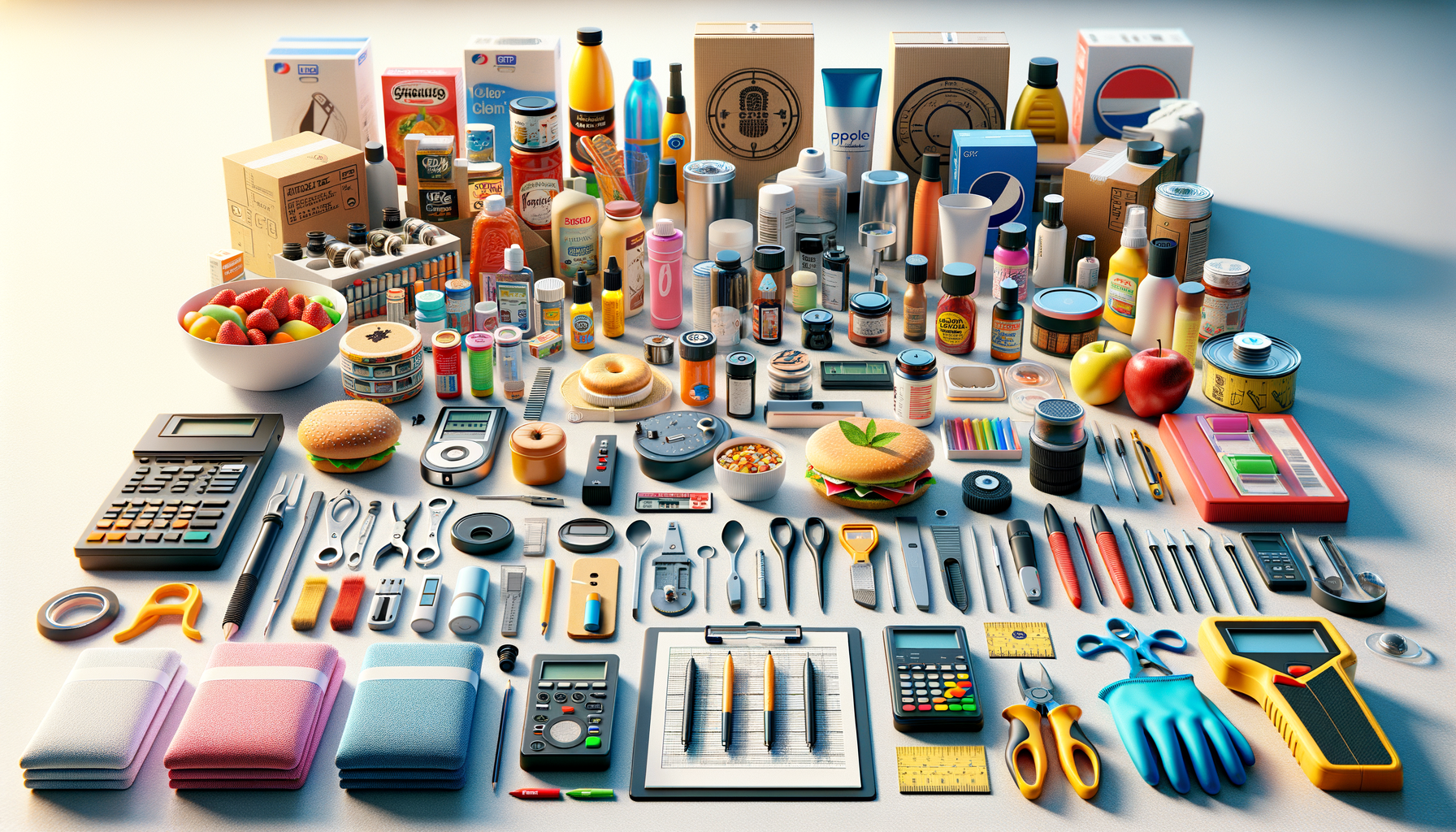Introduction to Product Testing
In the dynamic world of consumer goods, product testers play a crucial role in shaping the future of products before they hit the market. These professionals are tasked with evaluating new items, offering critical feedback on aspects like quality, usability, and overall functionality. By doing so, product testers help companies refine their offerings, ensuring that consumers receive products that meet high standards of excellence and reliability.
Product testing is not a new concept; however, its importance has grown tremendously with the rise of consumer awareness and technological advancements. Today, companies across various industries, from electronics to household goods, rely heavily on the insights provided by product testers. This article delves into the multifaceted world of product testing, exploring its significance, methodologies, and the skills required to excel in this field.
The Importance of Product Testers
Product testers are indispensable to companies aiming to maintain a competitive edge. Their evaluations provide an unbiased perspective on the product’s functionality, helping identify potential issues that may not be apparent to the creators. This feedback loop is critical in the product development cycle, as it allows for adjustments and improvements before the product reaches consumers.
Moreover, product testers contribute to brand reputation. A product that has been thoroughly tested and refined is less likely to encounter negative reviews or returns, fostering consumer trust and loyalty. In an era where word-of-mouth and online reviews can significantly impact a brand’s image, having a reliable product testing process is invaluable.
Additionally, product testers help companies save money in the long run. By identifying and addressing issues early in the development process, companies can avoid costly recalls or redesigns. This proactive approach not only enhances product quality but also ensures a more efficient use of resources.
Methods and Tools in Product Testing
Product testing involves a variety of methods and tools, each tailored to suit the specific needs of the product and industry. Common methods include usability testing, where testers assess how easy and intuitive a product is to use. This is particularly important for tech gadgets and software, where user experience is paramount.
Another method is stress testing, which evaluates how a product performs under extreme conditions. This is crucial for products like electronics and vehicles, where durability and reliability are key selling points. Sensory testing is also popular, especially in the food and beverage industry, where taste, smell, and texture are critical factors.
Tools used in product testing vary widely, from simple checklists to advanced software and equipment. For instance, digital analytics tools can track user interactions with a product, providing valuable data on user behavior and preferences. Physical testing equipment, such as machines that simulate wear and tear, are essential for assessing product durability.
Skills Required for Product Testing Jobs
Product testing is a multifaceted job that requires a diverse skill set. Attention to detail is paramount, as testers must identify even the smallest issues that could impact product performance. Strong analytical skills are also essential, enabling testers to assess product functionality and provide insightful feedback.
Communication skills are crucial, as product testers must articulate their findings clearly and effectively to product developers and other stakeholders. This ensures that the feedback is actionable and leads to meaningful improvements. Additionally, creativity and problem-solving skills are valuable, as testers often need to think outside the box to simulate real-world usage scenarios and anticipate potential issues.
Technical proficiency is another important skill, particularly for testers working in industries like electronics and software. Familiarity with testing tools and methodologies can enhance a tester’s ability to evaluate products accurately and efficiently.
Conclusion: The Future of Product Testing
As consumer expectations continue to rise, the role of product testers will only become more critical. Innovations in technology and an increasing focus on user experience mean that companies must prioritize thorough and effective product testing to remain competitive.
The future of product testing is likely to be shaped by advancements in technology, such as artificial intelligence and machine learning, which can streamline testing processes and provide deeper insights into product performance. However, the human element will remain indispensable, as the nuanced understanding and intuition of skilled product testers cannot be replicated by machines.
For those considering a career in product testing, the field offers a dynamic and rewarding opportunity to influence the development of products that enhance consumer lives. As the industry evolves, product testers will continue to be at the forefront of innovation, ensuring that products meet the highest standards of quality and usability.




Leave a Reply